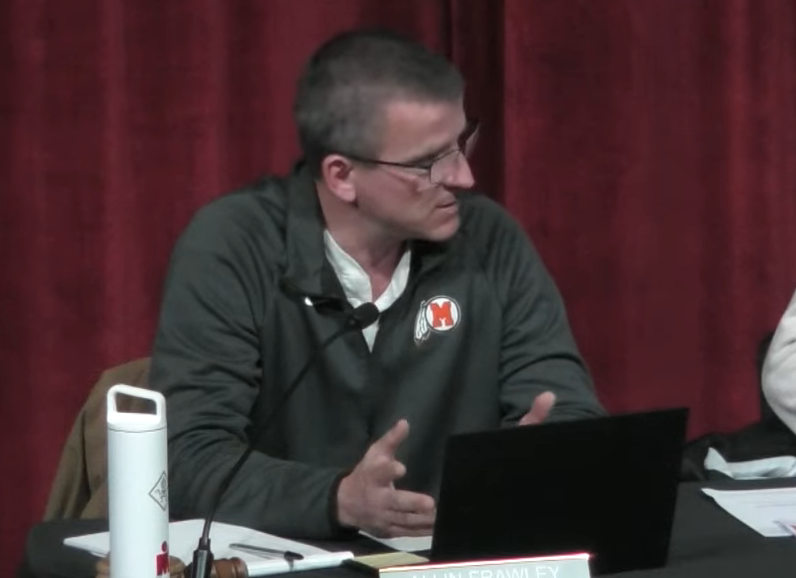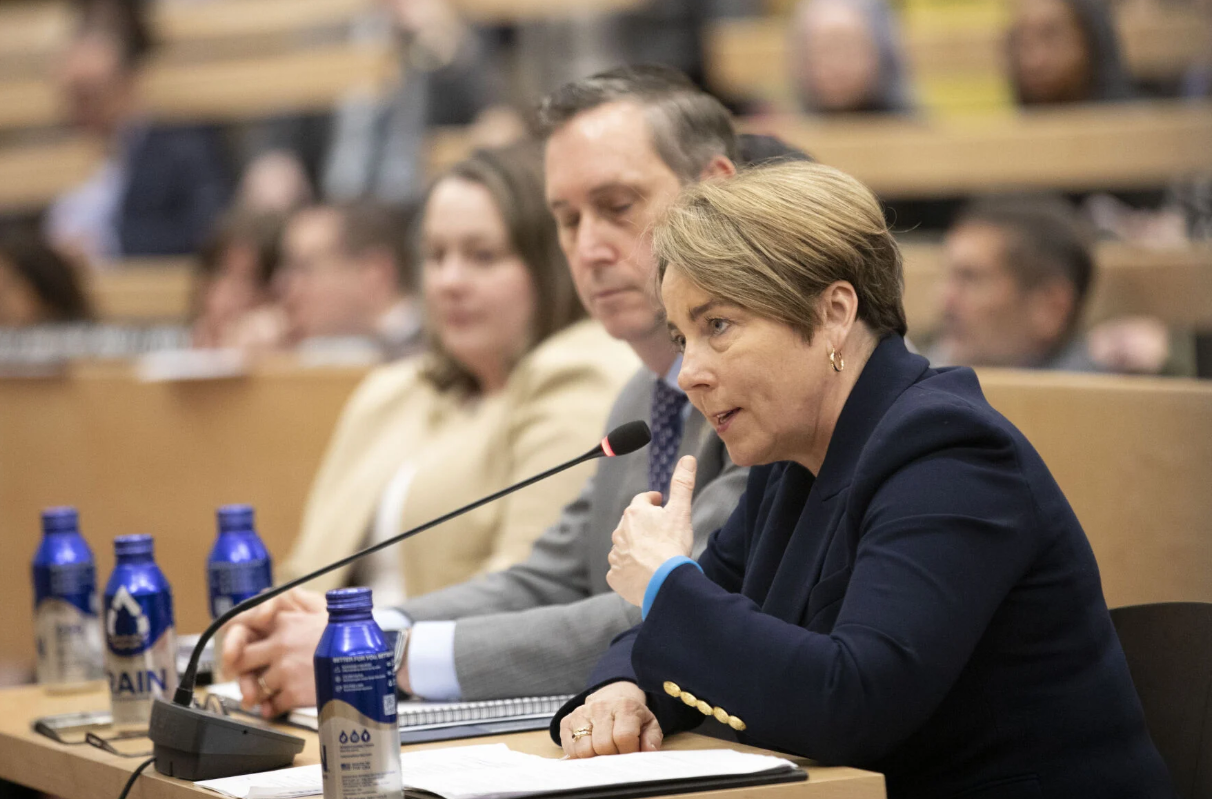kdmc
Active Member
- Joined
- Nov 14, 2023
- Messages
- 241
- Reaction score
- 711
tldr, she is not against the law, but she believes that the state was obligated to provide implementation funding starting in 2021 and failed to do so.
Regardless of whether she is right (she probably is, in a technical sense), I bet that the "unfunded mandate" clause will be taken out of context weaponized against the law by nimbys.
Regardless of whether she is right (she probably is, in a technical sense), I bet that the "unfunded mandate" clause will be taken out of context weaponized against the law by nimbys.
DiZoglio told CommonWealth Beacon she was “surprised and taken aback by the rather harsh response and believe it may be due to some misunderstandings as to what this determination means.” Her office isn’t challenging the MBTA Communities law but instead stating that it’s a mandate and the state is required to cover the costs of implementation, she added, noting that she voted for the law as a state legislator.
DiZoglio said that the law’s language should’ve included a provision for funding. She acknowledged the establishment of state grant programs to cover the cost of compliance set up in 2024, but based her office’s decision on the fact that did not happen at the same time as the establishment of the law, in January 2021, she said.













